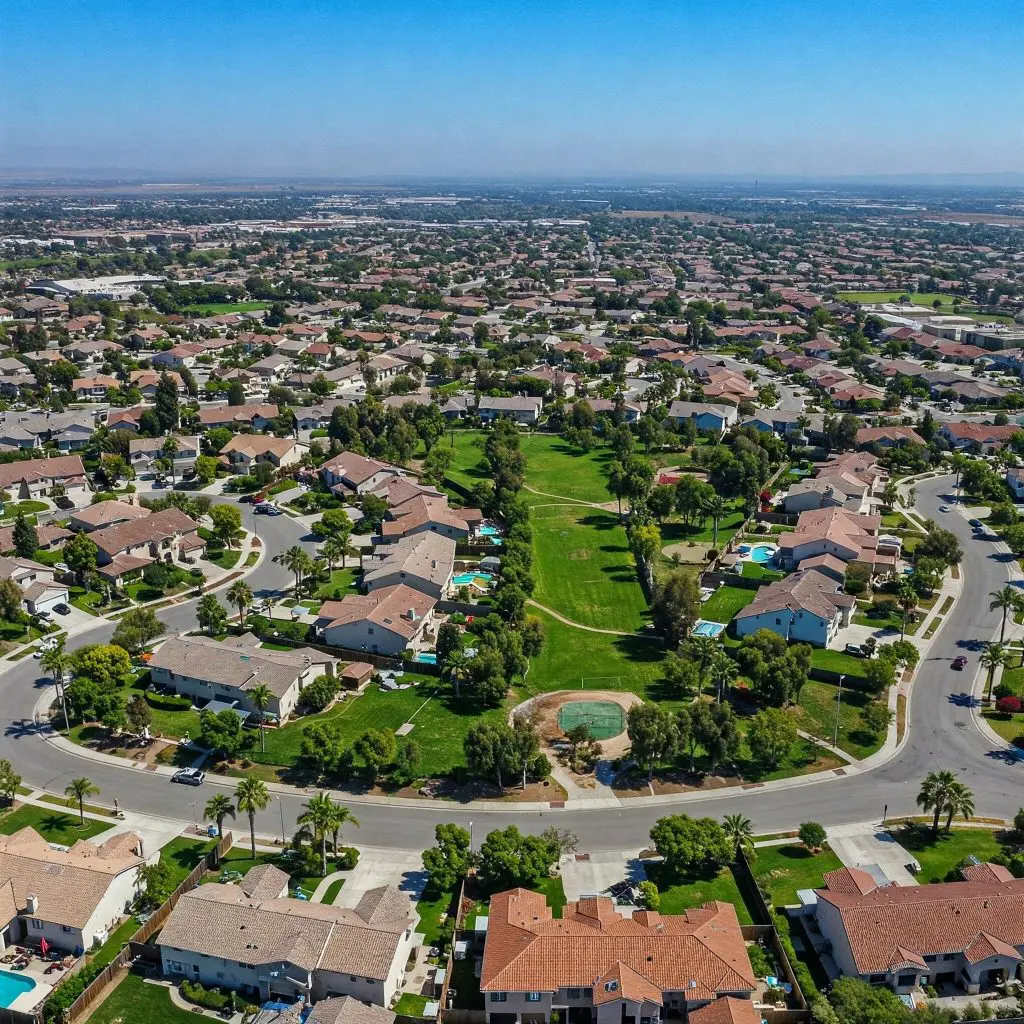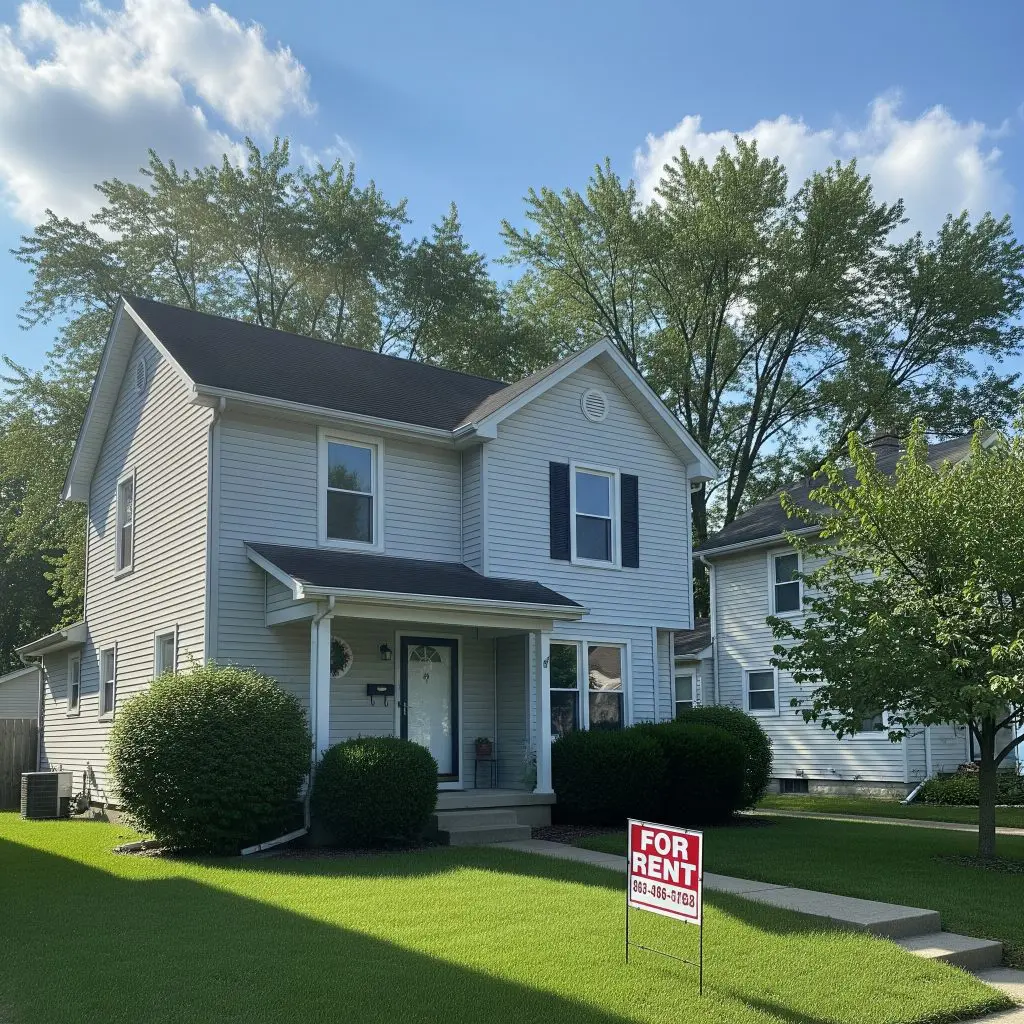Commercial Real Estate Loans in Alabama: Your 2025 Investor Roadmap
Alabama’s dynamic business climate and rising real estate values make it an attractive destination for commercial property investors in 2025. With robust development across office, multifamily, industrial, and retail sectors, understanding the latest lending options—from bridge loans to construction financing—is crucial for success. This guide provides an in-depth look at Alabama’s commercial real estate loan landscape, featuring loan types, key local markets, top lenders, current market trends, and a step-by-step process for securing funding.
- Commercial Real Estate Loans in Alabama: Your 2025 Investor Roadmap
- Alabama CRE Market Highlights for 2025
- Popular Commercial Property Loan Types in Alabama
- Top Areas for Alabama CRE Investment
- Leading Commercial Real Estate Lenders in Alabama
- Bridge Loan Application Process: Step-by-Step
- 2025 Alabama Case Studies & Success Stories
- 2025 Bridge Loan Market Insights
- Commercial Real Estate Loan FAQs (Alabama 2025)
- Conclusion: Position for CRE Success in Alabama in 2025
Alabama CRE Market Highlights for 2025
- Birmingham – Downtown revitalization, new office towers, and mixed-use developments are fueling investor demand.
- Huntsville – Tech industry growth drives multifamily and industrial space expansion in Research Park and Redstone Gateway.
- Mobile – Port expansion and logistics hubs spur industrial/warehouse investments.
- Montgomery – Government and health sector needs support medical office and retail redevelopment.
- Tuscaloosa – University growth sustains multifamily and student housing demand.
- Gulf Shores/Orange Beach – Hospitality and retail properties remain strong along the coast.
- Decatur & Dothan – Manufacturing and healthcare create opportunities for smaller CRE projects.
Popular Commercial Property Loan Types in Alabama
Bridge Loans: Rapid Capital for Transitional Properties
Bridge loans are short-term, flexible financing solutions (typically 12-36 months) ideal for investors aiming to acquire, renovate, stabilize, or reposition commercial assets before refinancing or selling. They are especially valuable in Alabama’s fast-developing districts, where timing is critical.

- Loan sizes: $500,000 to $25 million+
- Benefits: Speed (closings in 14-30 days), asset-based underwriting, support for value-add and transitional properties
- Use cases: Property repositioning (e.g., office to retail), acquisition with rehab, short-term equity recapitalization, opportunistic purchases
Why Bridge Loans Matter in 2025
As interest rates remain steady around 6.25%–8.5% for bridge lending and conventional financing tightens, bridge lenders step in to fund value-driven investors who can act quickly in markets like Birmingham’s Parkside District or Huntsville’s Cummings Research Park.
Need capital? GHC Funding offers flexible funding solutions to support your business growth or real estate projects. Discover fast, reliable financing options today!
Test Your Expertise: The Complexities of the 1031 Exchange

As a sophisticated real estate investor, you understand that the 1031 Exchange is a cornerstone strategy for tax deferral and wealth accumulation. But beyond the basics, the intricacies of the 1031 Exchange rules can pose significant challenges. This quiz is designed to test your in-depth knowledge and highlight critical nuances that separate casual investors from true experts in 1031 Exchange transactions.
Instructions: Choose the best answer for each question.
⚡ Key Flexible Funding Options
GHC Funding everages financing types that prioritize asset value and cash flow over lengthy financial history checks:
-
Bridge Loans: These are short-term loans used to "bridge the gap" between an immediate need for capital and securing permanent financing (like a traditional loan or sale). They are known for fast closing and are often asset-collateralized, making them ideal for time-sensitive real estate acquisitions or value-add projects.
-
DSCR Loans (Debt Service Coverage Ratio): Primarily for real estate investors, these loans are underwritten based on the property's rental income vs. debt obligation ($\text{DSCR} = \text{Net Operating Income} / \text{Total Debt Service}$), not the borrower's personal income or tax returns. This offers flexibility for those with complex finances.
-
SBA Loans: The Small Business Administration (SBA) guarantees loans offered by partner lenders. While providing excellent terms (long repayment, lower rates), the application process is typically slower than private/bridge funding, often making them less suitable for immediate needs. SBA eligibility heavily relies on the DSCR metric for repayment assessment.
🌐 Learn More
For details on GHC Funding's specific products and to start an application, please visit their homepage:
The Ultimate DSCR Loan for Rental Property Quiz

Are you looking to expand your real estate investment portfolio? A DSCR loan might be the perfect tool to help you achieve your goals without relying on traditional income documentation. Test your knowledge with this quiz to see if you're ready to master the intricacies of a DSCR loan for rental property.
Top Areas for Alabama CRE Investment
- Downtown Birmingham: Active trades in office towers and mixed-use conversions
- Huntsville Research Park: High demand for lab, tech, and flex-industrial space
- Renewed Mobile Waterfront: Industrial, logistics, and hotel projects
- Midtown Montgomery: Medical and government repositioning projects
- University District, Tuscaloosa: New multifamily and student housing
- Foley & Gulf Shores: Retail and hospitality corridor revitalizations
Leading Commercial Real Estate Lenders in Alabama
- ServisFirst Bank (based in Birmingham)—Strong focus on Alabama CRE with competitive bridge and construction loan programs.
- Regions Bank—A powerhouse in permanent and short-term CRE lending for office, multifamily, and retail assets.
- RCG Valuation & Investment—Structured bridge and transitional loan solutions statewide.
- Truist Bank—Offers both bridge and construction loan products with Alabama market specialization.
- First Bank of Alabama—Regional lender known for personalized bridge and commercial loan offerings.
Bridge Loan Application Process: Step-by-Step
- Pre-qualify with a lender—Discuss project goals, timeline, property details, and your experience.
- Document submission—Provide purchase contract/LOI, property financials, rent rolls, business plans, and borrower resume/project history.
- Appraisal and due diligence—Lender orders appraisal, title review, and third-party inspections (environmental reports, etc.).
- Loan proposal/term sheet—Lender issues loan terms: amount, LTV (typically 65–75%), rate, fees, repayment terms.
- Legal & closing—Review docs, address lender requirements, close in 2–4 weeks if all docs and diligence are satisfied.
2025 Alabama Case Studies & Success Stories
Downtown Birmingham Office Conversion
- Loan: $3.7 million bridge loan from ServisFirst Bank
- Terms: 18 months, 7.5% interest only, 70% LTV
- Outcome: Acquired empty Class B office, repurposed floors as med-tech incubator space. Refinanced post-lease-up into a permanent mortgage at 5.85%.
Huntsville Multifamily Stabilization
- Loan: $2 million bridge-to-perm loan via Regions Bank
- Terms: 24 months IO, 8%, 75% LTV
- Outcome: Quick close enabled purchase of underperforming apartments; rehabbed & stabilized, then exited with Freddie Mac Small Balance loan.
Mobile Retail Redevelopment
- Loan: $1.1 million bridge loan with RCG Valuation
- Terms: 12 months, 7.75% interest, 68% LTV
- Outcome: Facilitated new anchor tenant and upgraded exterior—boosted NOI for profitable refinance.
2025 Bridge Loan Market Insights
- Rates: Typically 6.25%–8.5% depending on asset and borrower profile
- LTV: 65%–75%
- Term: 12 to 36 months (interest only)
- Closing: 14–30 days with streamlined underwriting
- Fees: 1.0%–2.5% origination, minimal prepayment penalties
Bridge loans will remain Alabama’s go-to tool in 2025 for value-driven investors who require speed and flexibility in dynamic submarkets. Given the steadily positive economic outlook and migration patterns in Alabama, the bridge lending sector is poised for robust activity—especially among those targeting office conversions, value-add multifamily, and mixed-use projects.
Commercial Real Estate Loan FAQs (Alabama 2025)
- Can new investors qualify for Alabama bridge loans? Yes—lenders prefer experience, but deals with solid business plans and in-strong locations may gain approval.
- How much equity is required? Most Alabama lenders require at least 25%-35% down, but stronger sponsorship or added collateral may lower the requirement.
- Is non-recourse bridge financing available? Select lenders and institutional groups may offer non-recourse, especially above $5M and with strong sponsors.
- Which Alabama cities see the most bridge loan activity? Birmingham, Huntsville, Mobile, and Montgomery drive the majority of Alabama’s bridge lending volume in 2025.
Conclusion: Position for CRE Success in Alabama in 2025
Alabama’s local economies and real estate submarkets offer diverse opportunities for investors—whether its capturing upside in Birmingham’s downtown, unlocking value in Huntsville tech corridors, or repositioning properties in Mobile’s port zone. Bridge loans put time-sensitive capital within reach, enabling those with vision and urgency to win in a competitive market. Connect with Alabama’s leading lenders early, prepare your business case, and move swiftly for maximum leverage in 2025.
Ready to get started?
- Local insight: Consult with Alabama brokers for comps and guidance.
- Loan quote: Reach out to featured lenders above for bridge or CRE loan proposals.
- Team up: Retain experienced legal, title, and property management professionals for a seamless transaction.
Get a No Obligation Quote Today.
✅ Small Business Resources
-
SBA – Small Business Administration
https://www.sba.gov - SCORE Mentors (Free Mentoring & Workshops)
https://www.score.org - Small Business Development Centers (SBDC)
https://americassbdc.org
Are You an SBA Real Estate Loan Expert?

Test your in-depth knowledge on using SBA Loans for owner-occupied commercial Real Estate acquisition. These questions delve into the critical details that can impact your business's growth and financial strategy.



